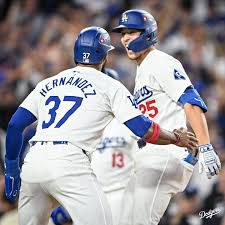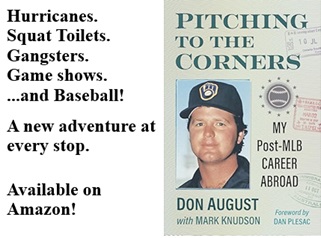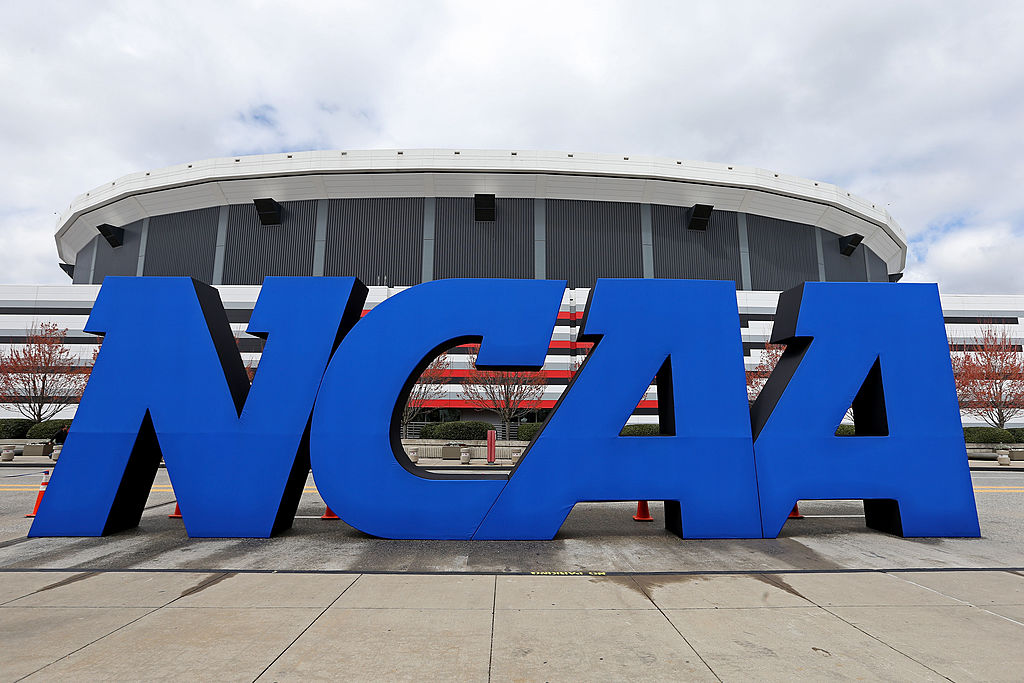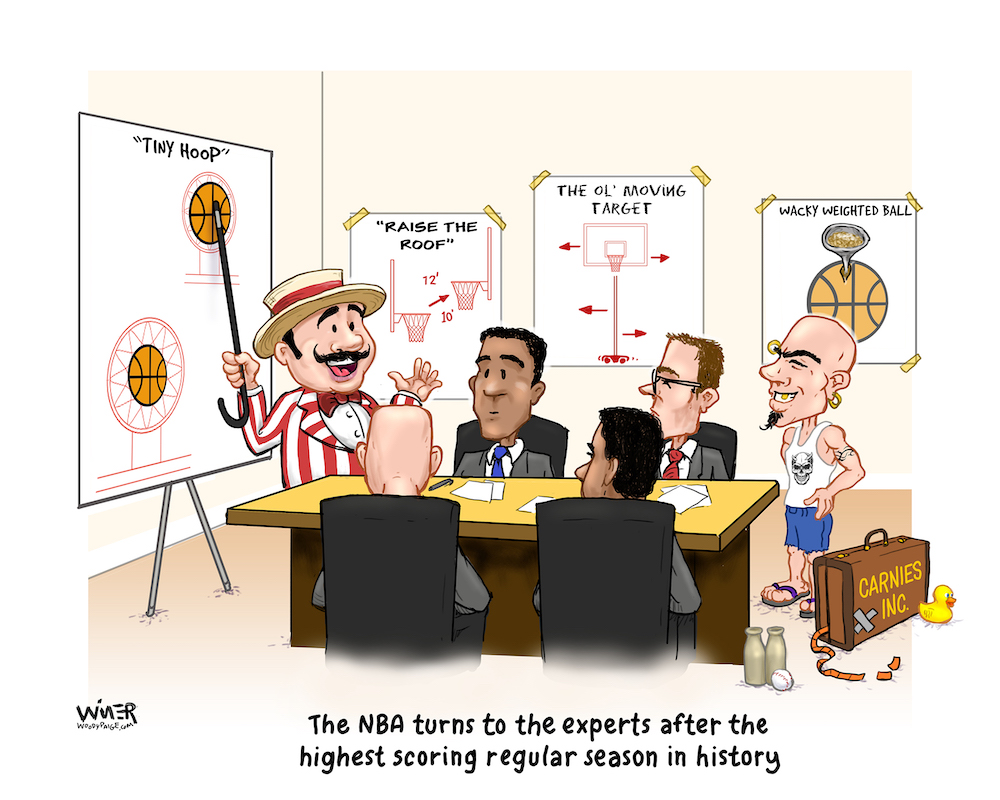
@MarkKnudson41
You just have to spend a little bit of time around the newly minted World Series champion Los Angeles Dodgers to not like them very much. The organizational arrogance is palpable. They ooze it. The “we invented baseball and you’re lucky to be in our presence” vibe is everywhere. And the amount of bandwagon fans who parade around wearing Dodger Blue, even though they’ve never set foot in Chavez Ravine, is nauseating.

But no amount of disdain for LA can mask what a fantastic job the organization did in winning their first real World Series title since 1988. (Yes, they won the World Series in 2020 when MLB played a 60-game “season” due to COVID. For that, they should get the same trophy the 1994 Montreal Expos got for having the best record in baseball prior to the strike that ended that season on August 12th.) This year’s Dodgers did something so amazing that even critics who are quick to toss out the “Ya, but they have so much money….” argument had to pull back.
Sure, LA signed Shohei Ohtani to a stupid huge money contract that only they could afford. And yes, he had a tremendous regular season as a DH. (Not so much in the World Series, though.) And yes, they still have free agent signee turned World Series MVP Freddie Freeman in the line-up (although not for much of the playoffs.) Remember, Tommy Edman, whom LA picked up in a nondescript trade with St. Louis, came out of nowhere to be the MVP of the NLCS when Freeman was sidelined. And yes, they still have superstar Mookie Betts, whom they also traded for. All were factors in the title run, but…
In Major League Baseball, championships are won on the mound. Pitching is THE most important factor in playing winning baseball, period.
And the 2024 Dodger pitching staff was akin to a M*A*S*H unit.
Yet somehow, someway, Manager Dave Roberts and his staff milked 98 wins, another division title and the National League championship out of arms attached to non-household names like Michael Grove, Brent Honeywell, Jr, Landon Knack, Ryan Brasier, Justin Wrobleski and a dozen others even die hard Dodger fans weren’t familiar with. The big names, like Clayton Kershaw (30 innings pitched, a 5.70 ERA), Tyler Glasnow (hurt, couldn’t participate in the postseason), and James Paxton (89 innings, a 4.53 ERA) weren’t influential factors. Walker Buehler was in and out of the lineup, throwing just 75 innings before saving his best for the postseason.
It was that kind of year in SoCal. The Dodgers used an unheard of 40 different pitchers during the regular season. In the postseason they used 16 different arms, including EIGHT – in a nine inning contest – in the clinching game five of the series against the New York Yankees.
Talk about a team effort. The ace of the LA pitching staff this season was Johnny Allstaff.
And contrary to popular belief, the Dodgers didn’t simply just “throw money at the problem” when they needed more pitching during this long injury-riddled campaign. They acquired several pitchers that any other team could have signed off the waiver wire or via trades. Several others were Dodger draft picks who came up through the farm system. And of the free agent signees, only Japanese product Yoshinobu Yamamoto, who cost them almost $9 mil during the off season, made any kind of contribution worthy of a huge contract.
Mostly, what the Dodgers proved is that astute front office work is more important than a fat checkbook, and that teams who use injuries as an excuse are doing themselves and their fan base wrong.
How many teams out there across the all-sports spectrum have come out before a season and said something like, “We can contend…if we can just stay healthy.” Then, when inevitable injuries hit, they fall back on that as an excuse.
Happens all the time every single year.
The Dodgers proved injuries to be just another excuse for not competing. Of course it’s harder to win when you lose front line players. Of course injuries diminish any lineup. But the fact is – as the Dodgers proved – that since every team has to deal with injuries, it’s how you do it that matters the most. The “next man up” mentality isn’t a cliché if you’re actually committed to winning.

















